In 1967 I visited, as I often did, my uncle, who lived for twenty years in the Hotel Richemond in Geneva. From there I was flying back to London; in those far-off days the tendency among educated people was to dress up rather than down. I immediately realized that my trim, military-looking neighbor was none other than David Niven, wearing, I observed, a Rifle Brigade tie, from the regiment he patriotically joined from Hollywood at the outbreak of war in 1939.
Niven, like myself, had been educated at Stowe in its early days under the founding headmaster J.F. Roxburgh. Although he had just made Casino Royale, described by critic Donald Zec as “the worst film ever enjoyed,” we slipped smoothly into an anecdotal tour d’horizon of Stowe and World War Two, without once mentioning Hollywood.
Niven revealed that he would shortly be returning to his house on Cap Ferrat with his formidable Swedish wife Hjördis, who was not thought to make him happy. (His first wife Primmie had died tragically during a game of “sardines” in Hollywood. She opened a door in her haste to hide and fell headlong into a cellar, dying of head injuries). It so happened that I was due to spend two weeks with the parents of a friend of mine who maintained, with some difficulty, a gigantic house and garden in Beaulieu-sur-Mer, about a mile up the coast from Niven’s villa. “Look,” he said, “let’s meet for a drink at White’s tomorrow evening and make a plan for you and your friends to come over for lunch next week.” I was slightly dazed by my new celebrity acquaintance and achieved some kudos with my friend when I conveyed to him the Niven invitation for the following week.
My friend was Rupert Deen, an amiable and entirely unmotivated old Harrovian. The Deen family was of Dutch-Jewish origin; Rupert’s grandfather Emile was one of the founders of Royal Dutch Shell, along with the oil barons Marcus Samuel and Henri Deterding. Sadly for the Deens, they engaged in litigation with the Shell management and lost their case, never to regain their financial standing. Rupert’s father Frank, a charming and handsome individual, made no attempt to repair the family fortune. His day was divided between collecting the continental Daily Mail, reading it and then lunching with Mrs. Deen (who was reminiscent of Kate Johnson, the old lady in The Ladykillers).
After lunch, Frank would retire to his study, an attractive octagonal room. There he would seat himself at the writing desk, put his hands together and compose his features in apparent contemplation. It emerged that this procedure, repeated day after day, concerned Frank’s attempts to recall the combination of the villa’s safe in which there resided “the Letter” holding the key to the revival of the Deen fortune. Finally, he correctly identified the combination as 1-2-3-4, but alas, the letter revealed nothing helpful. Thereafter, he just pottered around his enormous garden, in the manner of Wodehouse’s Lord Emsworth, but without the pig.
Rupert, despite the diminishing Deen fortune, had been dispatched to Harrow where his contemporary and life-long friends included the photographer peer Patrick Lichfield, Brian Alexander, son of the field marshal, and John Pryor, a lugubrious but good-natured solicitor who conceived an enduring but unrequited love for Lichfield’s sister Elizabeth Anson. For the ensuing fifty years, nothing occurred to disturb the even tenor of Rupert’s life other than serving as the foreman of the jury which acquitted a notorious gangster and torturer, to widespread disbelief. “I thought he was a bit of a sportsman,” Rupert observed.
As we awaited the day of the Niven lunch, the house party was enlarged by the arrival of another old Harrovian, a marquess with — to Mrs. Deen’s consternation — none other than Christine Keeler on his arm. Disappointingly, neither marquess nor his fille de joie were included in the Niven excursion. As we arrived, Niven had just completed ten lengths of his pool, which he proudly announced to Hjördis. “Pathetic,” she said. So the poor man struggled through a further ten lengths. Apart from the presence of Cap Ferrat neighbor Rory Cameron, a confirmed bachelor and son of the redoubtable Lady Kenmare, I recall nothing of our lunch conversation, which has evaporated after fifty years. But I do have a clear memory of David Niven, of his genuine charm and his gift for anecdote which he subsequently enshrined in three best-selling memoirs.
One of these anecdotes was related to me recently by my friend Michael Cowdray, who knew Niven well. During the war, Niven was stationed with the Highland Light Infantry in Malta. One day, a Russian tramp ship limped into port and Niven went on board to inspect it. Returning ashore, he had a drum of caviar under his arm which, with characteristic generosity, he decided to share with his Highlanders. In the evening he went to the soldiers’ mess and said, “Did you enjoy the caviar, boys?” “Och no, the fucking jam tasted like fush, sir,” came the reply.
I never saw Niven again, although Rupert certainly did, until the bank reclaimed the Beaulieu Villa, now an apartment block.
This article was originally published in The Spectator’s December 2024 World edition.



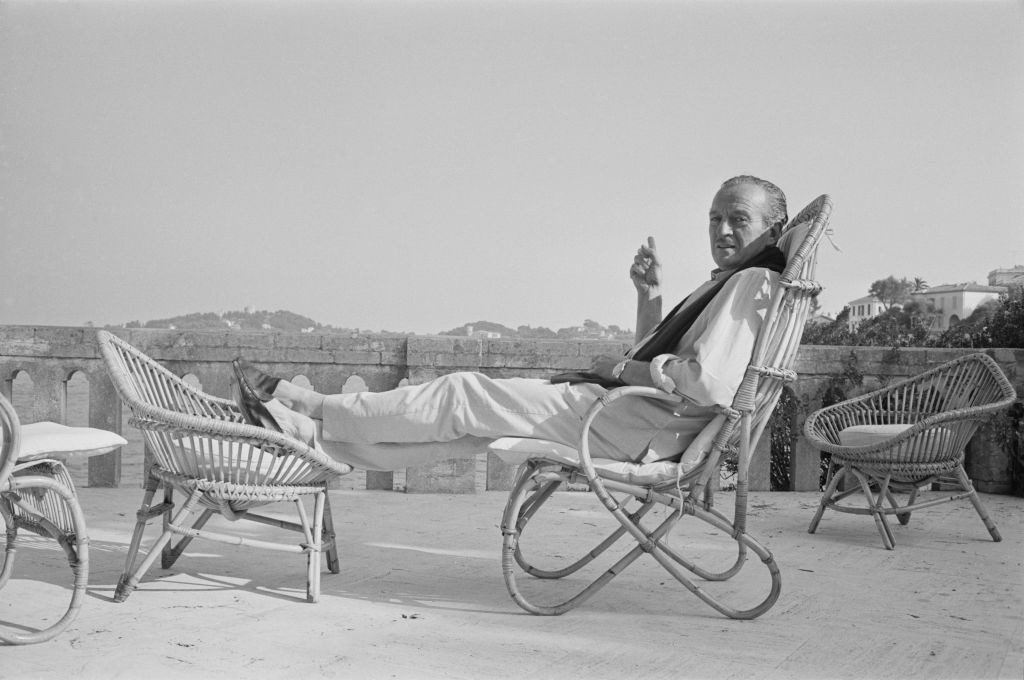






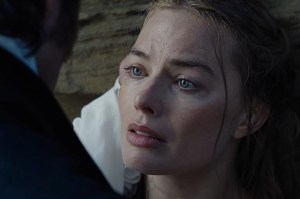
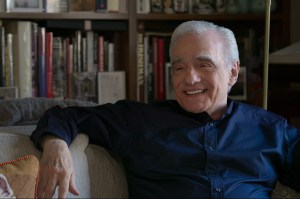
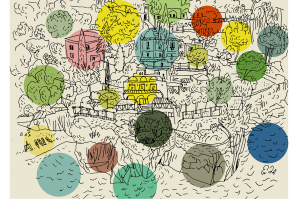
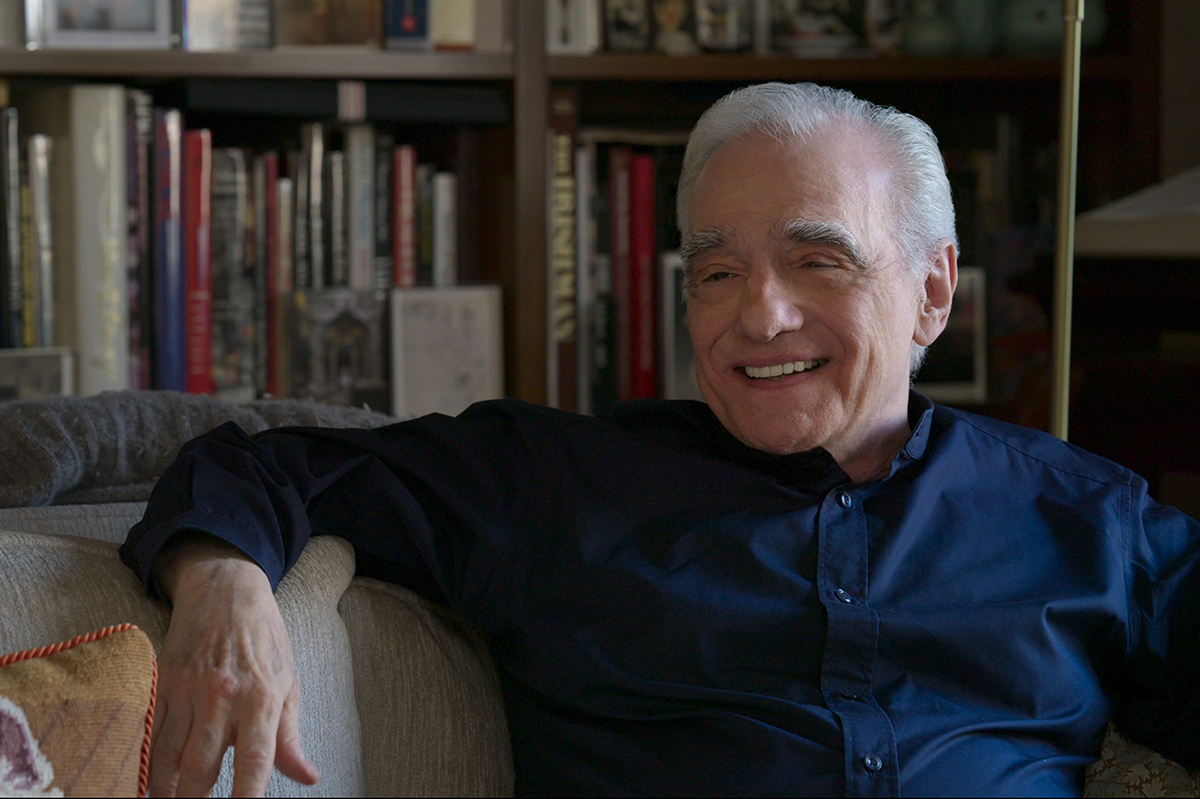
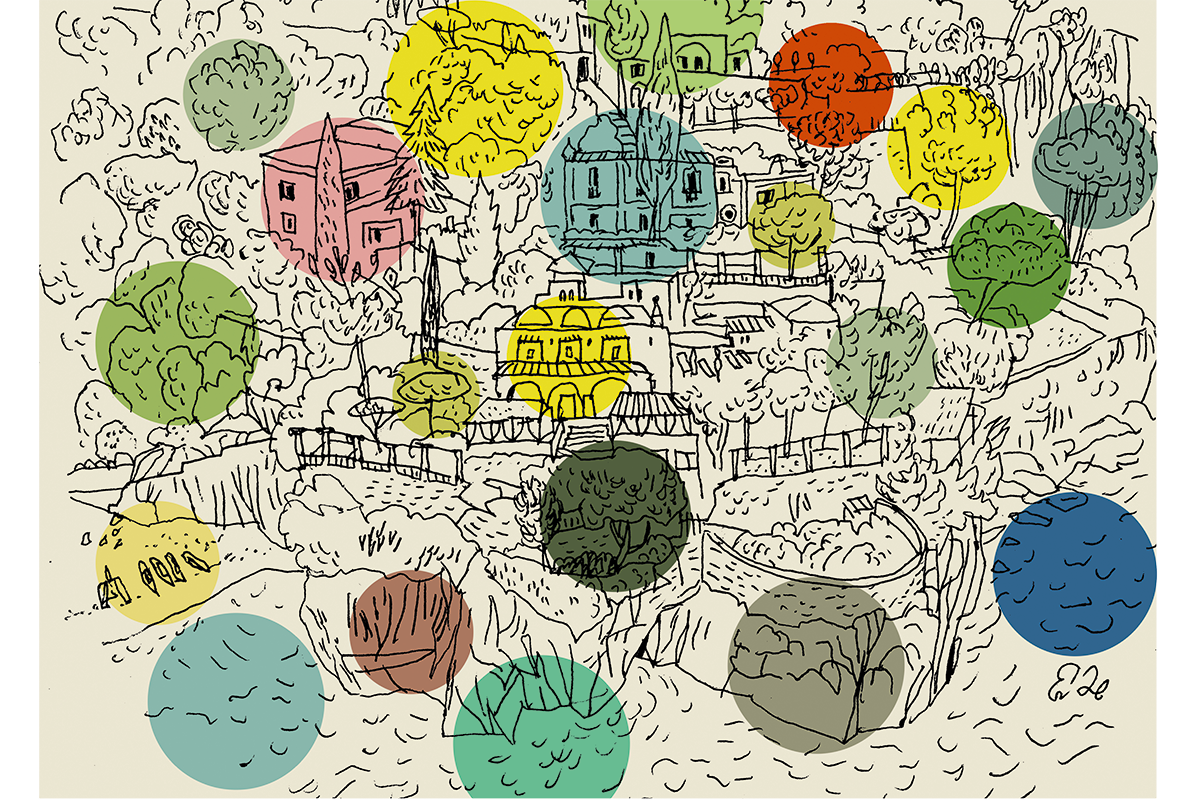



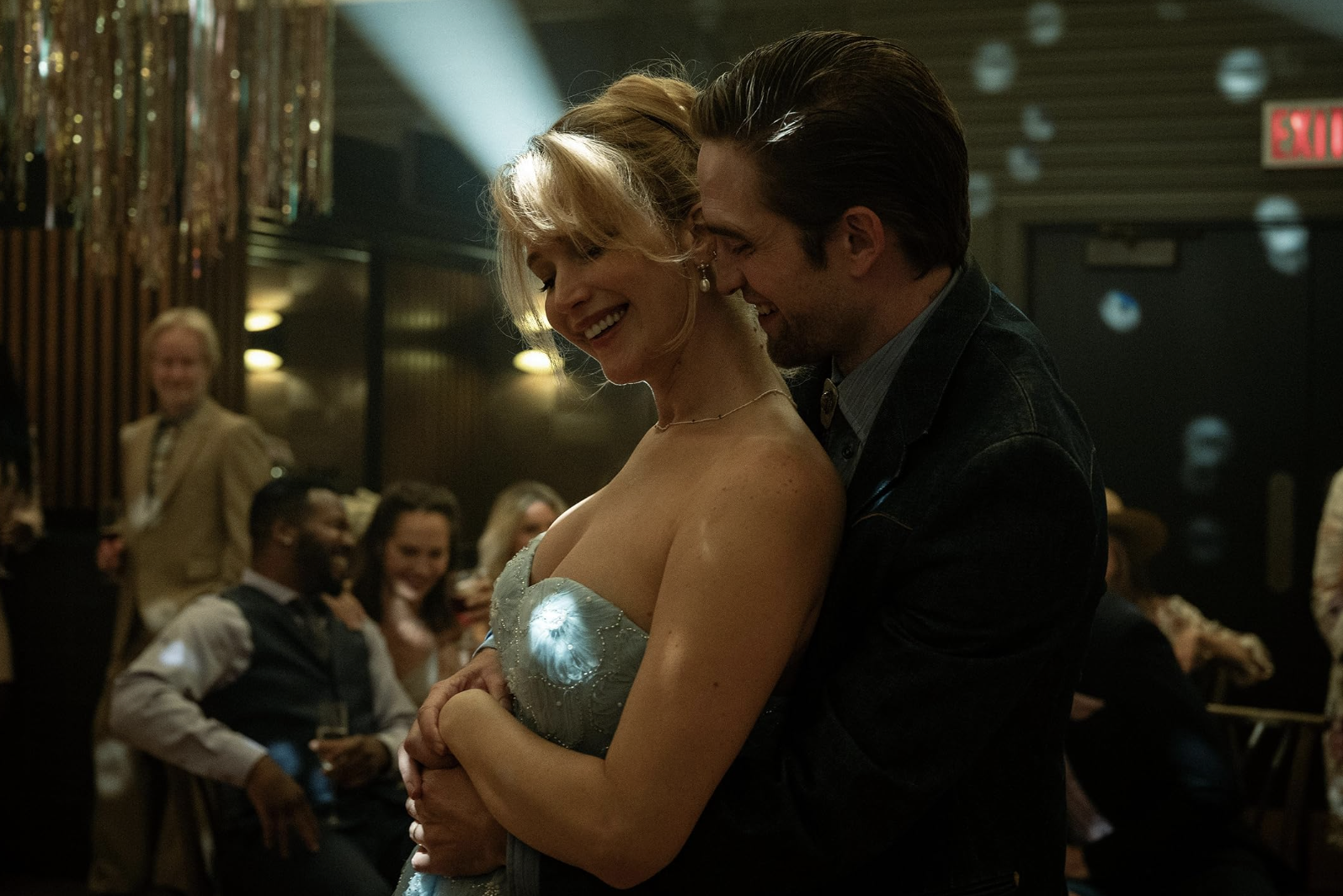







Leave a Reply